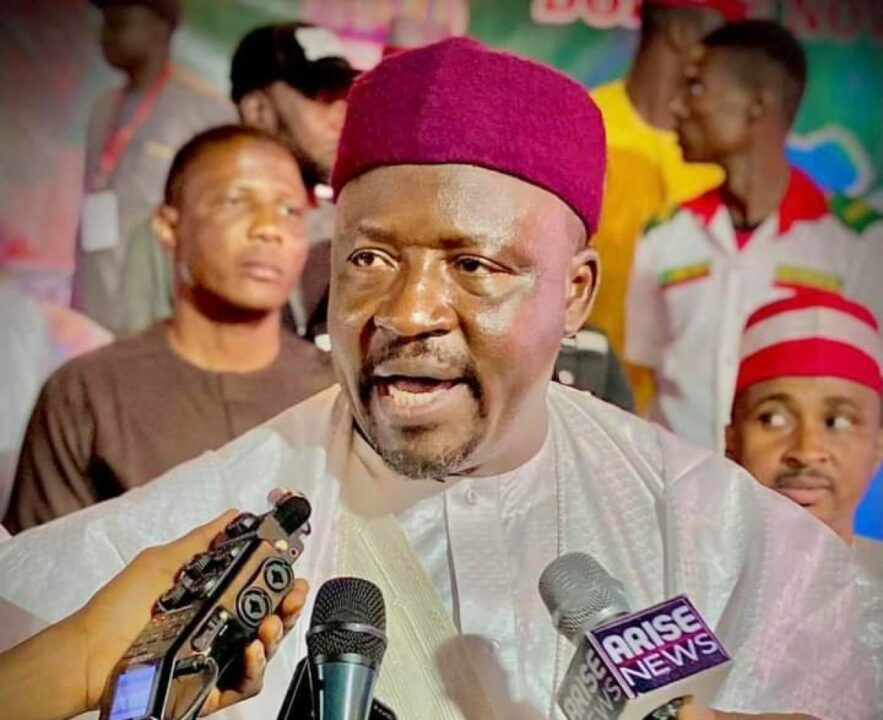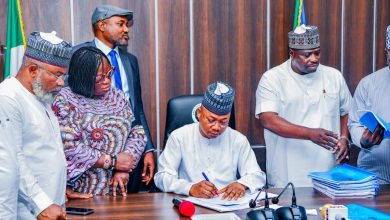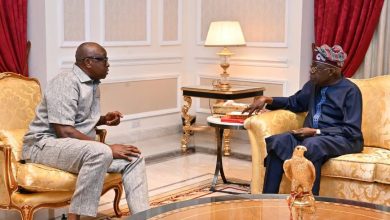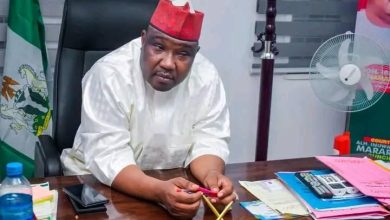Senator Sumaila Warns Governors Against Blocking Local Government Autonomy
Senator Abdurahman Sumaila has accused governors of blocking local government autonomy in Nigeria.
He urged strong action to end financial control and ensure grassroots councils gain independence.
Senator Abdurahman Sumaila, who represents Kano South Senatorial District, has issued a strong warning to state governors allegedly hindering the implementation of local government autonomy in Nigeria.

Speaking on Saturday in Kano during the North-West Zonal Public Hearing of the Senate Committee on the Review of the 1999 Constitution, Sumaila described the governors as the primary obstacle preventing full autonomy for local councils.
He expressed appreciation to President Bola Tinubu for backing the bill he sponsored on local government autonomy and for seeking a Supreme Court ruling in favour of Nigeria’s 774 local governments.
“I commend President Tinubu for supporting the autonomy bill and for taking the issue to the Supreme Court to secure a clear judgment in support of local governments,” Sumaila stated.
He emphasized that the longstanding campaign for local government independence championed by the President, the Nigeria Union of Local Government Employees (NULGE), and civil society groups must not be allowed to fail.
According to Sumaila, state governors have continued to exert control over local councils by withholding funds and reducing them to a state of financial dependence. “This trend must end,” he said.
He urged the National Assembly and stakeholders to stand firm against any attempt to weaken the independence of the third tier of government. “We cannot sit back and allow state actors to frustrate local government autonomy. We must use every legal and constitutional tool to enforce it,” he stressed.
Senator Sumaila also accompanied local government union leaders who submitted a draft bill on autonomy to the Senate Constitution Review Committee. He praised the committee, led by Deputy Senate President Barau Jibrin, for hosting the hearing in Kano, describing the effort as a significant step toward grassroots governance reform.



